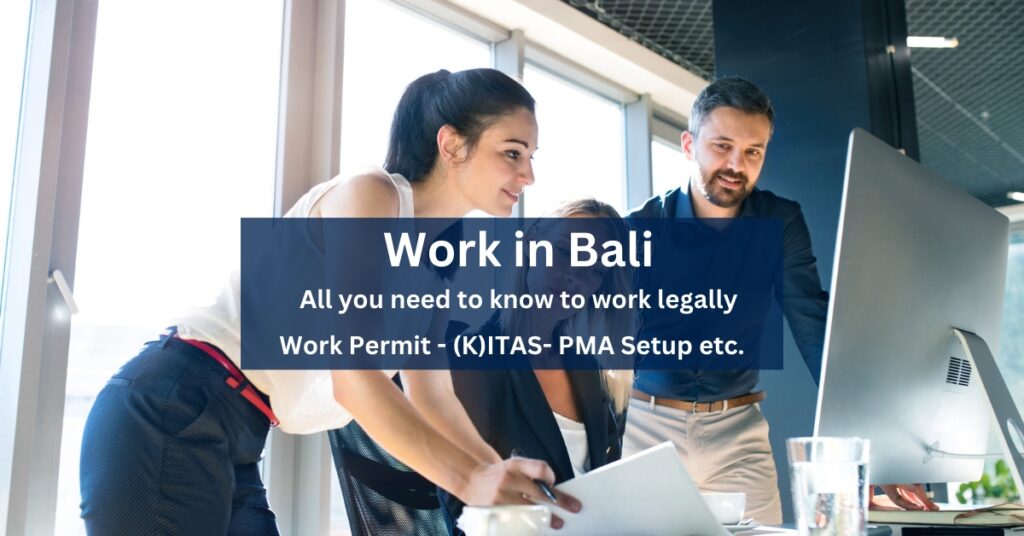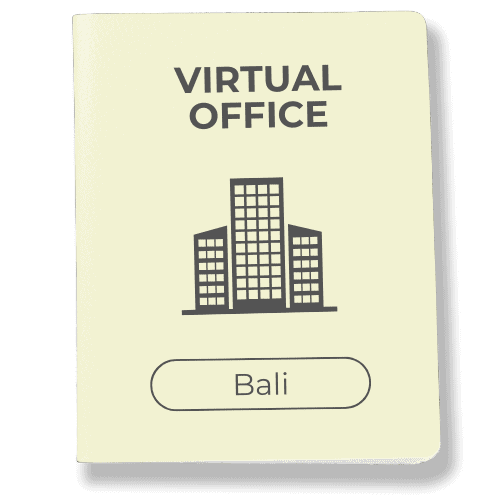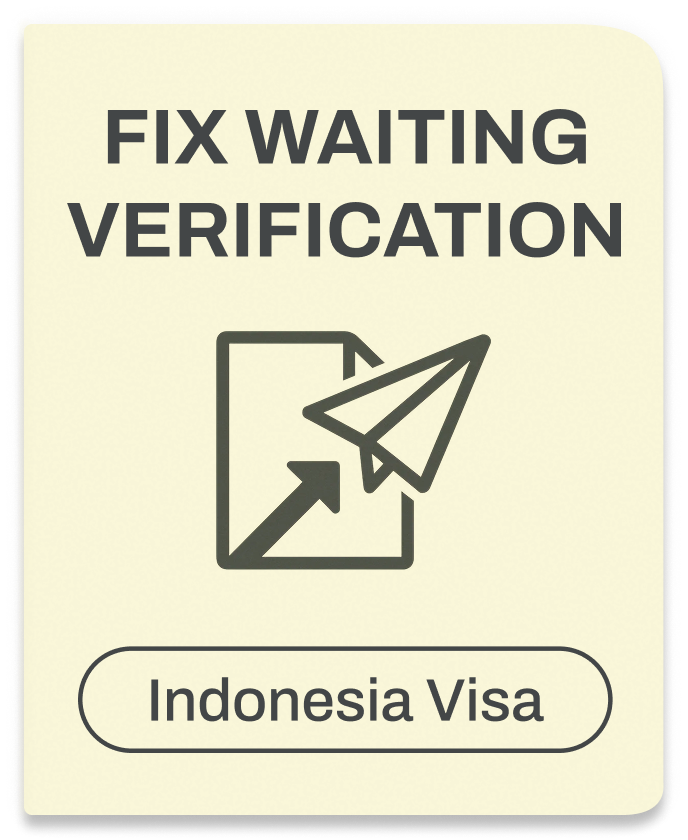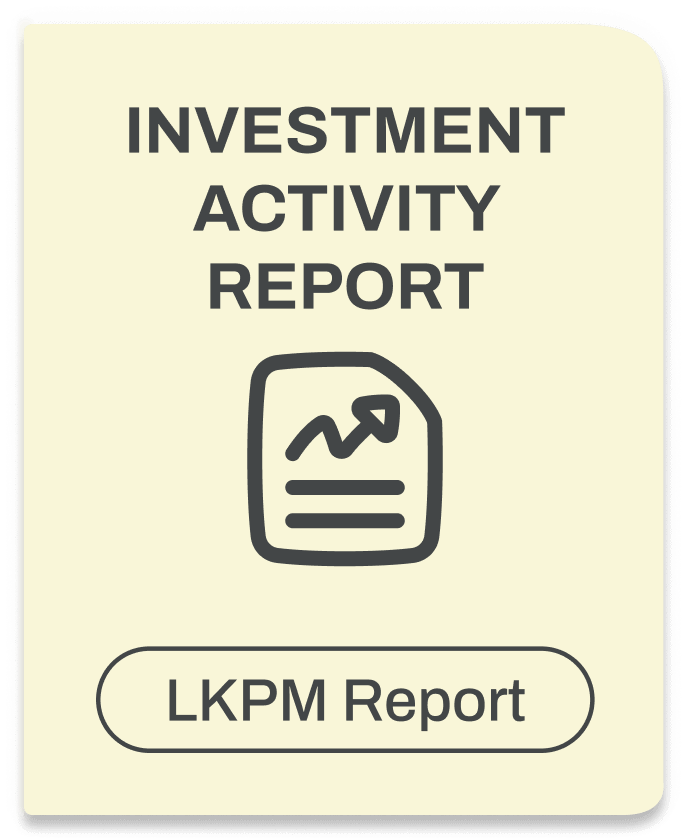Work in Bali, Indonesia

Bali, Indonesia, is a dream destination for many expats and digital nomads, thanks to its stunning beaches, vibrant culture, and affordable cost of living. The island has become a hotspot for those seeking a unique work-life balance, particularly in the tourism industry. However, working in Bali requires more than just a desire for adventure; it demands a thorough understanding of local regulations, visa requirements, and the job market.
Navigating the complexities of obtaining the right visa and work permit is crucial for those looking to immerse themselves in Bali’s dynamic environment. The process can be daunting, but with the right information and preparation, you can successfully find employment and enjoy all that Bali offers. This section will explore the various types of visas available, common mistakes to avoid, and tips for securing your dream job in Bali, Indonesia.
Understanding the Work Permit for Work in Bali
If you’re reading this, you may have come across the term ITAS, which is a Limited Stay Permit (a type of visit visa) and not a work permit. An ITAS is granted for various lengths depending on circumstances, such as marrying a local, studying or researching in Indonesia, investing, or visiting family. Different ITAS are valid for various lengths of time, ranging from 1 year up to 5 or even 10 years. The work permit, however, is a separate authorization known as an IMTA.
Having a valid working visa is important to legally work and earn income in Indonesia. Obtaining a working visa can be facilitated through either an employer or a visa agent, with specific industries qualifying for this type of visa.
What is a KITAS? Is it the same as an ITAS?
The permit itself is the ITAS*, or* Izin Tinggal Terbatas Elektronik. The KITAS, or Kartu Izin Tinggal Terbatas, is actually a thing of the past, as all permits are now delivered electronically.
You can have an ITAS without an IMTA, but you can’t have an IMTA without an ITAS*.* The IMTA is granted on a yearly basis only. An ITAS will specify your sponsor and what your job title is. Legally, you can only perform the job listed on your permit and only for the company that sponsored it.
Now that you know the basics of the work permit in Indonesia, let’s move on to the ‘how’ of it all.
There are various jobs available for expats and tourists in Bali, including roles in international companies, teaching, and the booming tourism sector.
Types of Visas for Working in Bali
When it comes to working in Bali, there are several visa options available for foreign workers, each catering to different needs and circumstances:
- Work Visa (IMTA): Essential for foreigners who wish to work in Bali, this visa is typically sponsored by the employer and requires a work permit. The IMTA is a crucial document that legitimizes your employment in Indonesia.
- Business Visa: Ideal for those looking to conduct business activities in Bali, this visa does not permit actual employment. It’s suitable for attending meetings, conferences, or exploring business opportunities.
- Limited Stay Visa (KITAS): This versatile visa allows foreigners to stay in Bali for up to 12 months and can be used for various purposes, including work, study, or family visits. It often requires sponsorship and is a common choice for those planning an extended stay.
- Retirement Visa: Designed for retirees, this visa allows older foreigners to enjoy their golden years in Bali. While it doesn’t permit employment, it offers a long-term stay option for those looking to settle down in paradise.
Visa regulations can change frequently, so it’s essential to stay informed. Consulting with a visa agent or the Indonesian embassy can provide the most up-to-date information and ensure you choose the right visa for your needs.
How to get a work visa and work permit for Indonesia
Finding a job with an existing company for Bali expats
For local companies, employing a foreigner is relatively expensive. Not only are foreigners’ salaries many times higher than the local minimum wage, but the additional fees for the limited stay permit and work permit can be a huge burden.
Finding a job with an existing company is a process. It requires a lot of disciplined searching, applying, and countless follow-ups. You’ll need a curriculum vitae that makes you stand out and relevant experience. It also requires a bit of luck and good timing. Certain jobs have specific prerequisites that must be fulfilled to be eligible. These regulations change often, so it’s crucial to remain up-to-date. For Bali expats, opportunities exist in various employment sectors, especially as English teachers and in the booming tourist industry.
The Indonesian Ministry of Manpower has strict guidelines on which types of jobs they will allow foreigners to receive sponsorship for. If an Indonesian can do the job, it is unlikely that you could get a work permit for such a job.
This includes but is not limited to servers, nannies, doctors, cashiers, drivers, teachers (except, of course, English teachers), security guards, tellers, labourers, tour guides, etc. Job listings often indicate how recently they were posted, using phrases like ‘listed two days ago’ to help potential applicants gauge the freshness of job openings.
There are still a handful of roles that are quite common for foreigners. This includes the hotel manager, head chef (hotel or specialty cuisine), English language teacher, NGO, and president director. Speciality roles beyond those listed above, such as engineer or tech positions, may be granted work permits but with limited contracts.
The desired outcome in this scenario is that you are effectively training your replacement. Various roles related to guest services classification in the hospitality sector are also available, ensuring that guests have a pleasant experience and managing operations at hotel reception.
Make a company, sponsor your own work permit
Foreigners can form a PT PMA, known locally as Perseroan Terbatas Penanaman Modal Asing, or Foreign Investment Company. A PMA can be 100% foreign owned without the requirement of a local partner. With the formation of a PMA come many rules and regulations. Depending on the number of foreign employees, a company is typically required to employ a proportional number of local workers or local employee to promote job creation and knowledge transfer. Additional requirements include yearly tax liabilities, health insurance, social security payments, and other fees.
For those looking to start their own company and sponsor their own work permit, opportunities in human resources are abundant. These roles often offer flexible working conditions and high earning potential.
A PT PMA can sponsor foreigners in two distinct categories. Either as an employee or an investor, but no one person can be both.
Investor ITAS
Investor ITAS are appealing to foreigners because they are valid for 2 years at a time. They are also cheaper because you are not required to pay the yearly work permit fee of US$1200 to the Ministry of Manpower. As an investor, you can not take an active role in the company’s day-to-day operations. While an investor ITAS does not allow for a full-time job role, it offers flexibility for strategic oversight without engaging in operational tasks.
Employment for foreign workers with a work permit
Once you form a PMA, the company can then sponsor a foreigner for employment. As stated previously, the job you plan on doing must be from an eligible category. Unlike the investor ITAS, you must pay a yearly work permit fee of US$1200 and the yearly fees required for the ITAS Limited Stay Permit.
Opportunities in the search marketing classification are abundant for those looking to work in the digital marketing sector. These roles often involve digital marketing strategies and search engine optimization, making them appealing to candidates aiming to advance in these fields.
The requirements for setting up a company can be complex, even for native Indonesian speakers. It typically requires visiting multiple governmental departments in various locations numerous times, and preparing documents is akin to a wild goose chase. For this reason, virtually every foreigner forming a PMA will enlist the assistance of an agency. The amount of time it takes to set up a PMA can vary, but it’s gotten much shorter than years ago.
If you are interested in setting up your own company in Bali, feel free to contact us for more information.
Common Mistakes and Misconceptions
Many expats and digital nomads make mistakes when navigating the complexities of working in Bali. Here are some common misconceptions to be aware of:
- Assuming that a tourist visa is enough, it is insufficient to work in Bali. To work legally, you need a work visa or a limited-stay visa.
- Not understanding the local regulations: Bali has a strict work permit and visa regulations. Failing to understand these can result in fines, deportation, or imprisonment.
- Not having a work permit: A work permit is mandatory for foreigners who want to work in Bali. Operating without one can lead to severe penalties, including fines and deportation.
- Not registering with the local authorities: Foreign workers must register with local authorities, including the immigration and tax offices. Neglecting this step can lead to legal complications.
By understanding and adhering to local regulations and visa requirements, you can avoid these common pitfalls and enjoy a successful and fulfilling experience working in Bali. Whether you’re an early applicant looking for career growth or a seasoned professional seeking personal growth, being well-prepared is key to making the most of your time in Bali.
Ready to Apply or Extend Your Visa?
Let our visa specialists handle your application.



















